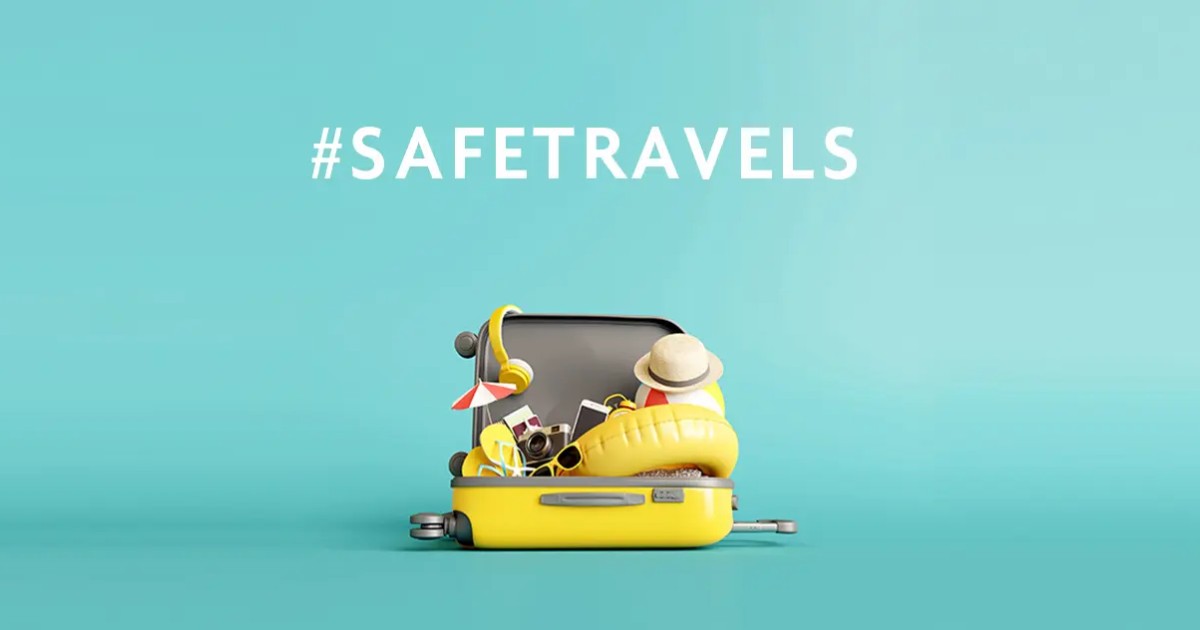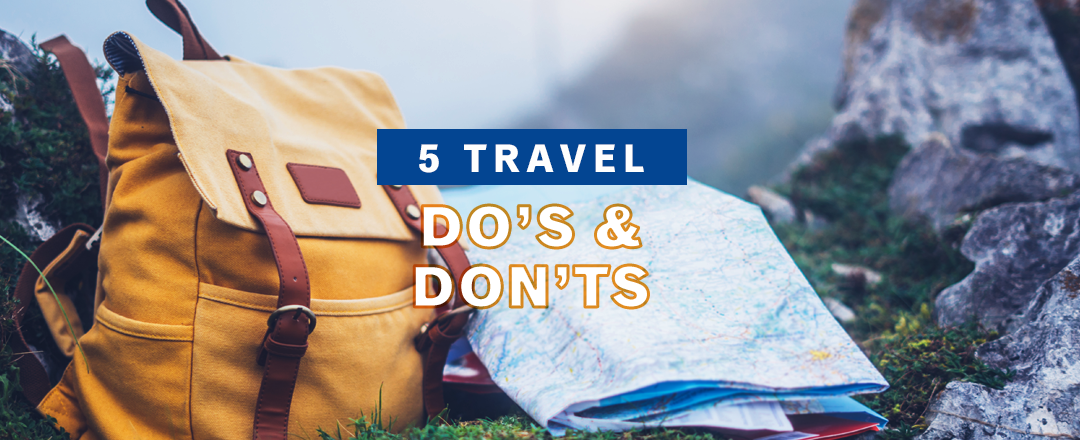Travel Safety Essentials: Staying Safe and Smart Abroad.

Travel Safety Essentials: Staying Safe and Smart Abroad
Traveling to new places offers excitement, discovery, and the opportunity to experience the world from a fresh perspective. But whether you’re backpacking through Southeast Asia, road-tripping across Europe, or exploring a bustling city, one thing should never be overlooked: your safety.
Smart travel isn’t just about where you go—it's about how you prepare, act, and respond to the unexpected. This guide outlines the essential tips every traveler should follow to stay safe, informed, and confident while abroad.
1. Research Before You Go
Knowledge is your first layer of protection. Before departing:
- Check your government’s official travel advisory website for destination-specific risks.
- Understand local laws, customs, and cultural norms.
- Know common tourist scams in the area and how to avoid them.
- Identify safe neighborhoods and areas to avoid—especially at night.
Pro Tip: Subscribe to travel alerts or register with your country’s embassy or consulate in your destination.
2. Keep Copies of Important Documents
Always carry essential documents, but also have backups in case they’re lost or stolen.
- Photocopy your passport, visa, travel insurance, and driver’s license.
- Store digital copies in a secure cloud service like Google Drive or Dropbox.
- Leave one set of copies with a trusted contact back home.
3. Stay Connected
Communication can be a lifeline while traveling. To stay in touch:
- Get a local SIM card or international phone plan.
- Keep your phone charged and carry a portable power bank.
- Share your itinerary with family or friends and check in regularly.
Pro Tip: Use apps like WhatsApp or Telegram for secure messaging, and apps like Google Maps or Maps.me for offline navigation.
4. Blend In and Stay Aware
Standing out as a tourist can make you a target for scams or theft. Instead:
- Dress like a local and avoid flashy jewelry or expensive-looking accessories.
- Walk confidently and know where you're going before you head out.
- Keep an eye on your surroundings—especially in crowded areas or transport hubs.
5. Secure Your Belongings
Petty theft is the most common crime affecting tourists. Stay protected by:
- Using anti-theft backpacks or money belts.
- Locking valuables in your hotel safe or hostel locker.
- Never leaving bags unattended—even briefly.
Pro Tip: Travel with a padlock for hostels and a small cable lock for your bag in public areas.
6. Be Cautious with ATMs and Money
Protect your finances abroad by:
- Using ATMs in bank lobbies or well-lit public areas.
- Covering your PIN when entering it.
- Carrying a small amount of local cash and using cards when possible.
- Keeping emergency cash separate from your main wallet.
7. Choose Accommodations Wisely
Your lodging should be secure and in a safe location. Before booking:
- Read reviews focusing on safety, staff support, and location.
- Check if there’s 24/7 front desk service or security.
- Ensure your room has working locks on doors and windows.
8. Practice Health Safety
Getting sick abroad can be more than inconvenient—it can be dangerous. Protect yourself by:
- Getting all necessary vaccines before you travel.
- Drinking bottled or filtered water if local supplies are unsafe.
- Carrying a basic first-aid kit and personal medications.
- Having comprehensive travel health insurance.
9. Use Transportation Smartly
Transport mishaps are a major cause of injuries abroad. To stay safe:
- Use registered taxis or rideshare apps like Uber or Bolt.
- Wear a seatbelt or helmet if required.
- Check public transport schedules to avoid waiting in isolated areas.
- Be extra careful when renting scooters or cars—inspect before using and know local rules.
10. Trust Your Instincts
Never underestimate the power of intuition. If something feels off—whether it’s a person, place, or situation—remove yourself immediately. Your instincts are often more accurate than you think, especially in unfamiliar environments.
Bonus: Stay Informed During Emergencies
Be prepared for natural disasters, civil unrest, or health outbreaks by:
- Knowing the location of your embassy or consulate.
- Following local news outlets and travel advisories.
- Downloading safety apps like Smart Traveler or Sitata for alerts and updates.
Conclusion: Safe Travel Is Smart Travel
While no journey is without risk, most travel mishaps are preventable. By taking proactive steps—planning ahead, staying alert, and using common sense—you can significantly minimize dangers and focus on what truly matters: enjoying your trip and making unforgettable memories.
Safe travel isn’t about fear. It’s about confidence, preparedness, and peace of mind. So go ahead—book that ticket, explore boldly, and travel smart.




